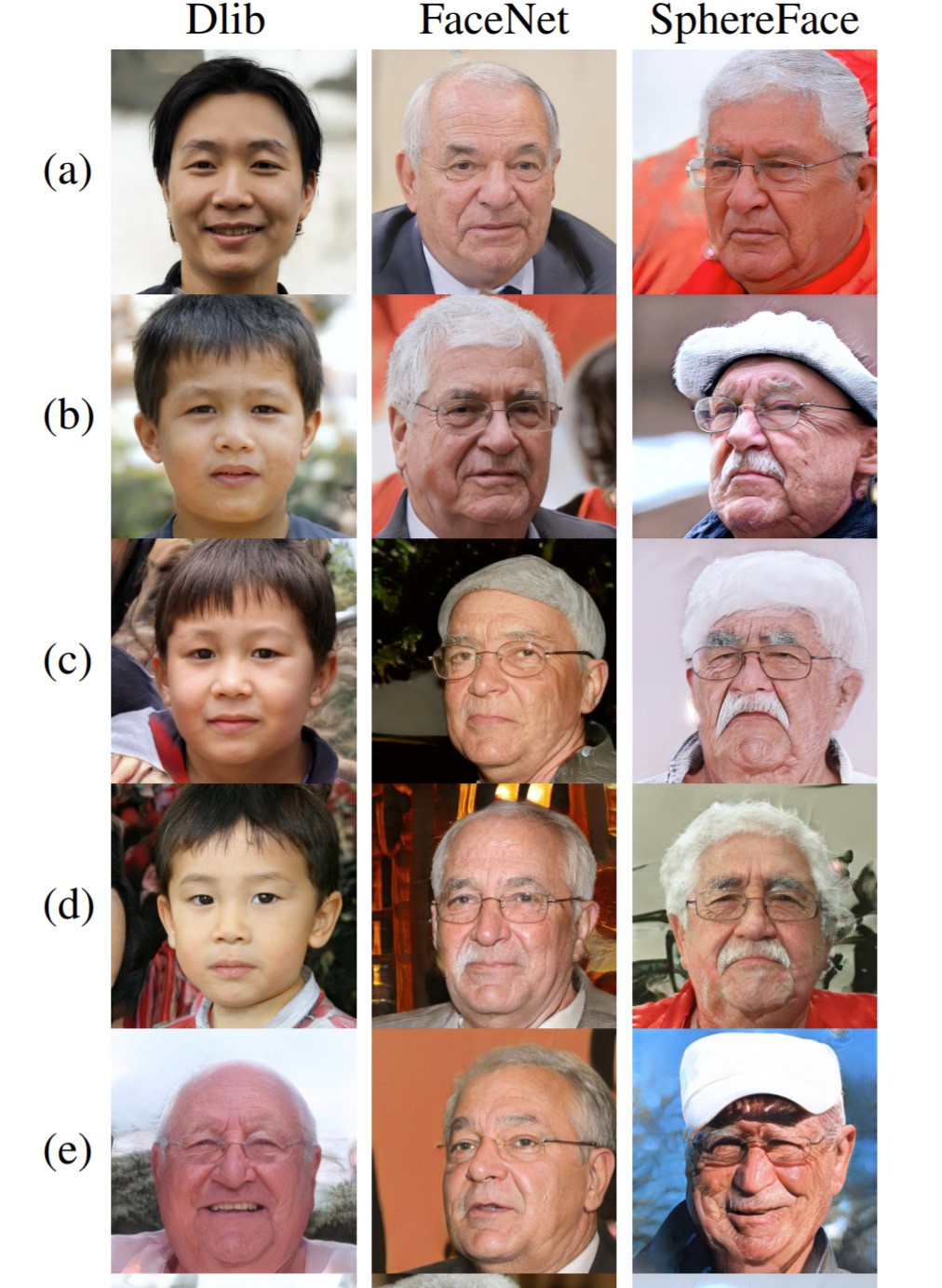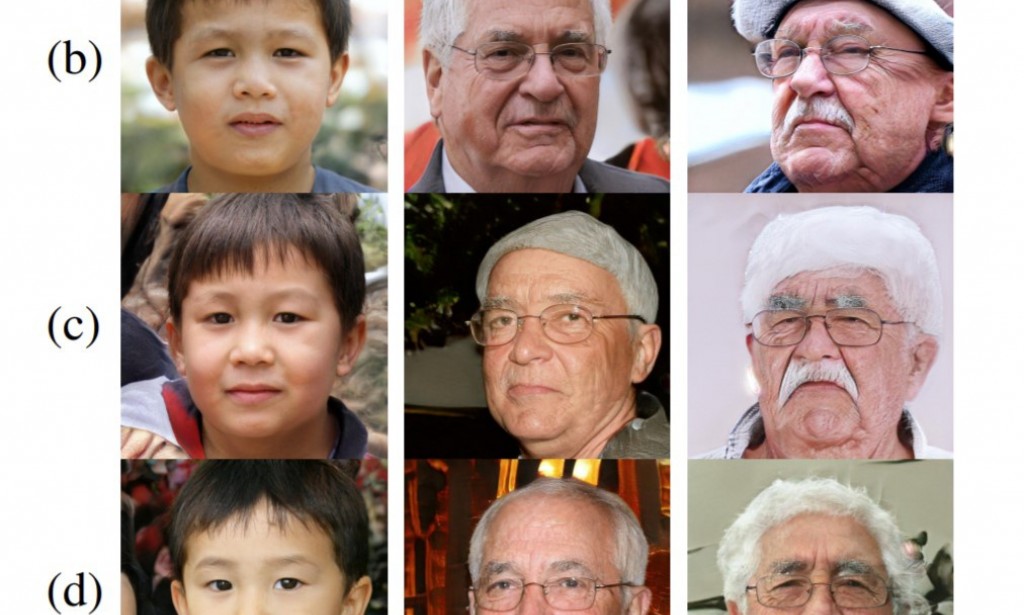Facial recognition technology is increasingly being used in both personal and industrial devices. However, a team of computer scientists from Tel Aviv University in Israel have found a way to bypass most facial recognition technology without knowing the victim's face.
In the newly published study, they said that using a method called "master face", applying AI to create a fake face pattern to deceive the recognition system. This fake face can then copy the identification points of many other people to create a "universal key".
According to the published results, the team can create "universal faces" for 40% of the world's population with only 9 faces synthesized by the AI StyleGAN system.

"Our results show that facial recognition methods are very vulnerable to attack, even without possessing any information about the target. Several anti-spoofing methods are applied to increase the security of the identifier. We combine a number of other techniques to be able to bypass defenses," the scientists shared.
According to research, the flaw of most of these systems is that they use many predefined sets of signs to identify users. From there, the team created a compatible face template. In essence, this attack is successful because it creates many copies of the same number of users.
These patterns are generated by the StyleGAN algorithm, an AI model capable of creating digital images of an unreal person's face. In just one test, they successfully unlocked more than 20% of the 13,000 faces in the University of Massachusetts dataset. Some other tests give higher results.
What's more, the researchers say that their product can connect to deepfake technology, capable of fooling some methods of identifying people.
Research shows that using facial recognition for social media accounts is fraught with risks. Hackers can apply this method to steal user data.
Although this study has not been peer-reviewed, it does illustrate the many potential risks of facial recognition technology that users should be aware of. In addition, the fact that these tools sometimes operate inconsistently and some technology companies claim that their products are still not fully optimized, contributing to concerns about the safety of security by The face is still a mystery.



You must be logged in to post a comment.